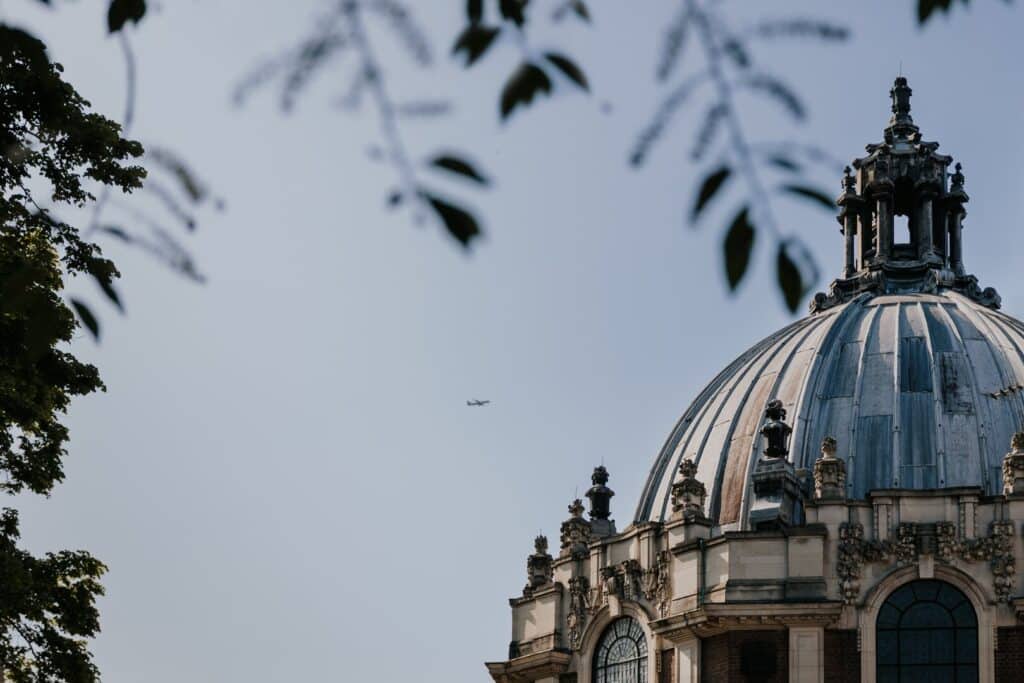On Tuesday 12 November, The Keynes Society had the immense privilege of welcoming The Rt Hon Lord Norman Lamont. Lord Lamont served as Financial Secretary to the Treasury and as Chief Secretary to the Treasury under Margaret Thatcher. He was then promoted to Chancellor of the Exchequer by John Major, a role he held from 1990 to 1993. Lord Lamont has sat in the House of Lords since 1998 as Lord Lamont of Lerwick. Reflecting on his time in front line politics, Lord Lamont provided invaluable insights into the complexities of political and economic policymaking.
Lord Lamont described the role of Chancellor of the Exchequer as both a privilege and a challenge. Given the recent Budget, Lord Lamont reflected on the three budgets which he gave in the early 1990s. Indeed, many have compared the recent Budget with Lord Lamont’s own Budget in 1993. Both budgets saw taxes rise significantly but in notably different circumstances; Lord Lamont pointed out that he raised taxes in 1993 to bring down public borrowing whereas Rachel Reeves rose taxes alongside increasing borrowing and public spending. Although Lord Lamont faced lots of criticism at the time of his budget, his decisions have been widely credited as laying the groundwork for the economic prosperity enjoyed by Britain in the late 1990s and early 2000s.
Naturally, Lord Lamont was asked about Black Wednesday—16 September 1992, the day on which Britain withdrew from the European Exchange Rate Mechanism (ERM). Lord Lamont stated that Black Wednesday was a political reversal but economically we gained both from being in the ERM and also from getting out when the ERM had done it’s work. Lord Lamont was similarly defiant when questioned about his stance on Brexit, stating that he supported Brexit because he believes in “self-governance” and that he feels that many of the benefits of Brexit will be felt in the long term.
One of the most memorable moments from Lord Lamont’s talk were his unique insights on working closely with Margaret Thatcher. He noted that Thatcher could be both incredible and infuriating to work with—he felt that whilst she had great determination and a clear vision for Britain, she could often be uncompromising in her principles and this made policy decisions sometimes contentious between Thatcher and her cabinet.
Lord Lamont was full of praise for the former Prime Minister, Rishi Sunak. Of the numerous Conservative chancellors that served over the last 14 years, Lord Lamont had the greatest regard for Rishi Sunak, stating that his handling of the economy during the pandemic was a challenge like no other. Indeed, when referring to Rishi Sunak’s premiership as Prime Minister, Lord Lamont said, “Rishi was honest, decent, hardworking, extremely capable—what more could you want?”
In concluding his talk, Lord Lamont briefly mentioned the need to be ready for the unexpected in the world of politics. Lord Lamont stated that “the unexpected has arrived in the form of Donald Trump”. Lord Lamont fears that President Elect Trump’s protectionist and isolationist measures would be a step backwards rather than building upon the global partnerships that exist today.
Lord Lamont ended his talk with a truly unforgettable line. Firstly, quoting Margaret Thatcher: “Expect the unexpected”, before quoting John Maynard Keynes himself: “The inevitable never happens. It is the unexpected always.”



